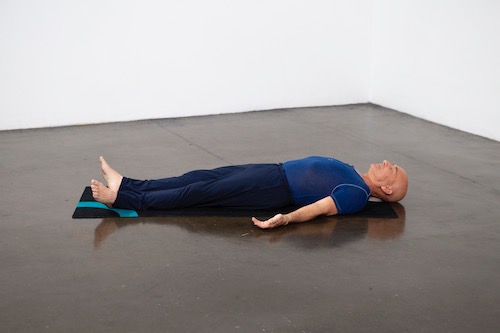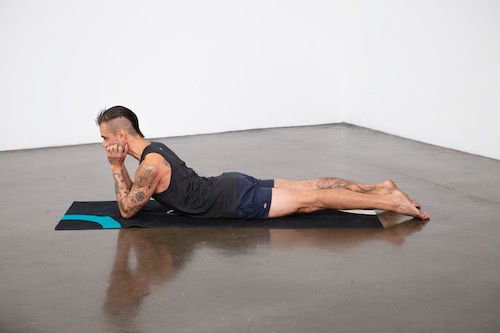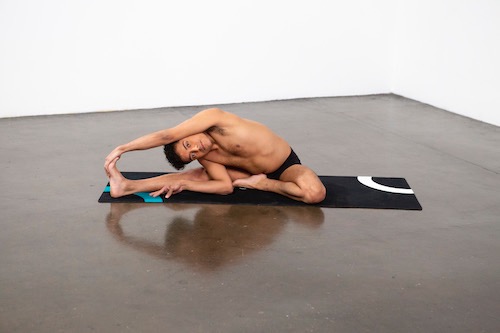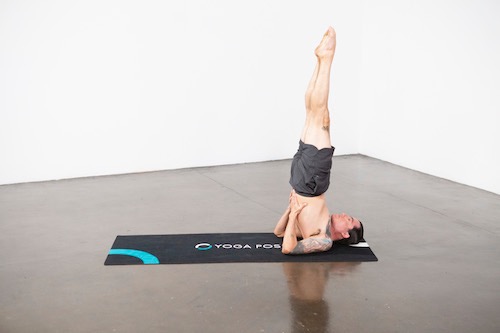Yoga poses for ...
Yoga for Insomnia
Yoga Poses for Insomnia
We've all been told that we need to sleep more. Sleeping calmly through the night, on the other hand, may seem like a pipe dream if you suffer from insomnia. Many of us have trouble sleeping, and we frequently toss and turn as we try to catch up on our comfortable pillows. Insomnia is more than just waking up fidgety or feeling tired during the day. According to evidence, a lack of sleep increases the risk of anxiety, depression, diabetes, high blood pressure, congestive heart failure, and premature skin aging.
When we sleep, our bodies mend on a cellular level and eliminate toxins.Therefore, it is necessary to get at least six to eight hours of good sleep daily.Yoga can benefit you if you are unable to get enough decent night's sleep. Yoga is proven to aid with a variety of diseases, including insomnia and irregular sleeping habits. Yoga has been found to benefit people of all ages and to improve sleep. Yoga has significant health and sleep benefits for everyone, from children to the elderly. Yoga is one such time-saving practice that not only lowers tension but also helps to alleviate symptoms of sleeplessness, anxiety, and depression. Regularly practicing specific yoga will help you not only gain endurance and confidence, but it will also help you relax your mind, improve your mood, and gradually break negative sleeping patterns.
The yoga stretches suggested below can help you relax and get a good night's sleep: Pose for Standing Forward Bend, This position stretches the back muscles, softens the spine, and energizes the nerve system by increasing blood supply. Cat Stretch also massages the digestive organs and helps digestion, which aids in restful sleep. It also increases blood circulation and helps to soothe the mind. Child Pose calms the nervous system and allows you to sleep easily. Remove your physical, mental, and emotional tension with the Butterfly Pose. Legs Up the Wall Pose, on the other hand, is a great pose for relieving fatigued legs and feet. It also helps to boost blood supply to the brain, which calms the mind and relieves moderate headachesYoga practice benefits both the body and the mind, but it is not a substitute for medical care. It is critical to learn and practice yoga under the supervision of a certified Yoga instructor.



